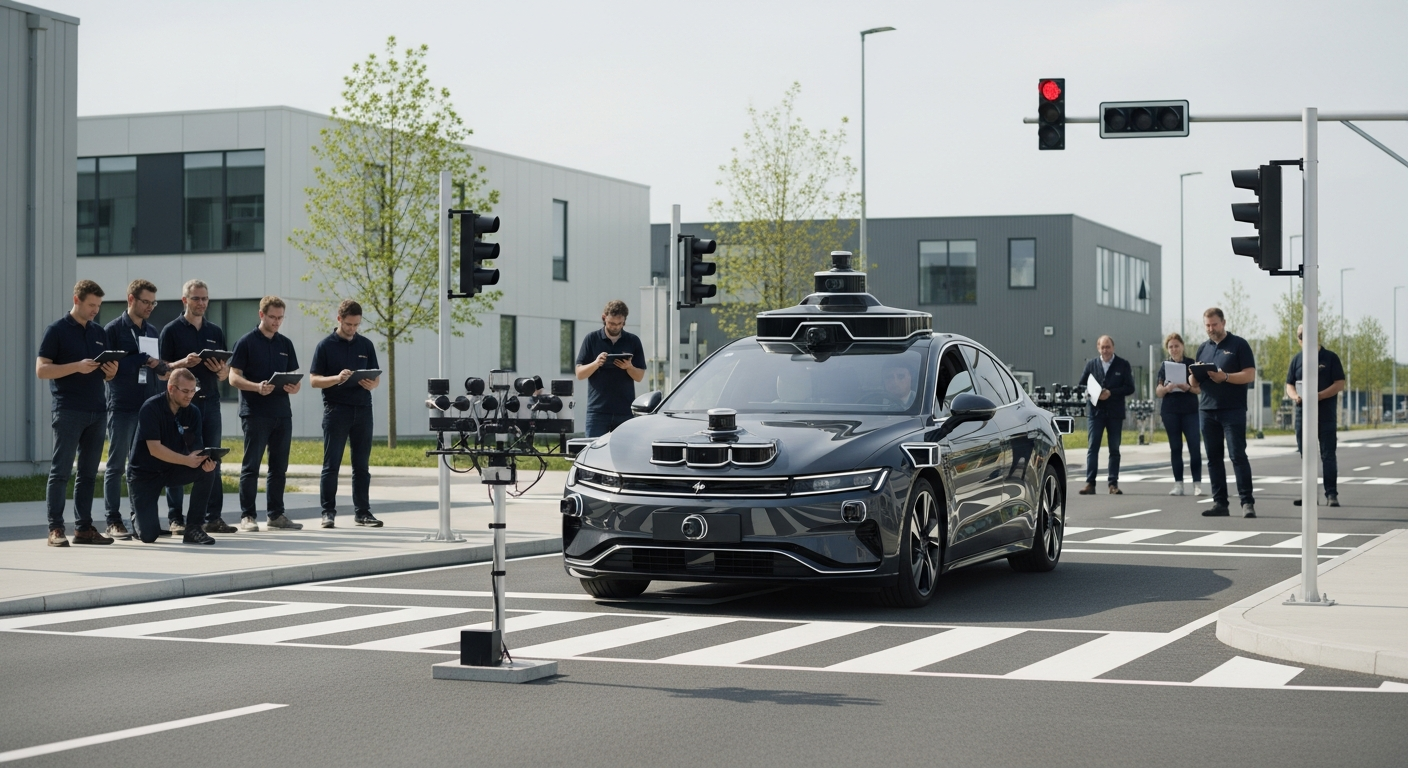"Riding the Wave of Hydrogen Fuel Cell Technology in Cars"
Introduction: Imagine a world where cars emit only water vapor, a harmless byproduct, instead of harmful greenhouse gases. This isn't a distant dream but a reality that's slowly taking shape with the advent of hydrogen fuel cell technology in cars. This article delves into the fascinating world of this revolutionary technology, its impact on the automotive industry, and the challenges it faces.

A Glimpse into the Past: The Genesis of Hydrogen Fuel Cells
The concept of hydrogen fuel cells isn’t new. It dates back to the 19th century when Sir William Grove, a British scientist, invented the first fuel cell. However, it wasn’t until the mid-20th century that this technology found its way into practical applications, primarily in space missions. The automotive industry began exploring this technology in the late 20th century, with several car manufacturers launching prototypes.
The Science Behind Hydrogen Fuel Cells
Hydrogen fuel cells work on a simple principle: they convert chemical energy into electrical energy. The process involves the reaction of hydrogen with oxygen, facilitated by a catalyst, to produce electricity, heat, and water. This electricity is then used to power the car’s motor. The only byproduct of this process is water vapor, making it an environmentally friendly alternative to traditional combustion engines.
The Current Landscape: Hydrogen Fuel Cell Cars in Today’s Market
Several car manufacturers, including Toyota, Honda, and Hyundai, have launched hydrogen fuel cell cars in the market. These cars offer several advantages over traditional cars, such as zero emissions, quick refueling times, and longer ranges. However, their adoption is still limited due to high costs and lack of infrastructure for hydrogen refueling.
The Impact: Benefits and Challenges of Hydrogen Fuel Cell Cars
The most significant benefit of hydrogen fuel cell cars is their potential to reduce greenhouse gas emissions drastically. They also offer a sustainable solution to the world’s energy needs as hydrogen can be produced from various sources, including water, natural gas, and biomass.
However, there are several challenges to their widespread adoption. The production of hydrogen is energy-intensive and often relies on fossil fuels, negating some of the environmental benefits. The lack of infrastructure for hydrogen refueling is another significant hurdle. Lastly, the high costs of these cars, due to the expensive materials used in fuel cells, make them less affordable for the average consumer.
Looking Ahead: The Future of Hydrogen Fuel Cell Cars
Despite the challenges, the future of hydrogen fuel cell cars looks promising. Technological advancements are expected to bring down the costs of these cars and make the production of hydrogen more sustainable. Governments worldwide are also investing in infrastructure development to support these cars. As we strive towards a greener future, hydrogen fuel cell cars could play a crucial role in transforming the automotive industry.
In conclusion, hydrogen fuel cell technology presents a compelling case for a sustainable and environmentally friendly future in the automotive industry. While challenges persist, the benefits it offers make it a technology worth investing in and developing further. As we continue to innovate and push the boundaries of what’s possible, the dream of a world powered by clean and sustainable energy seems within our grasp.






